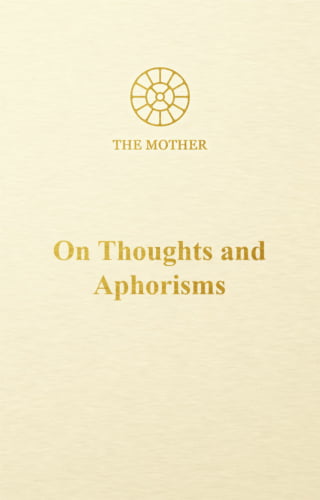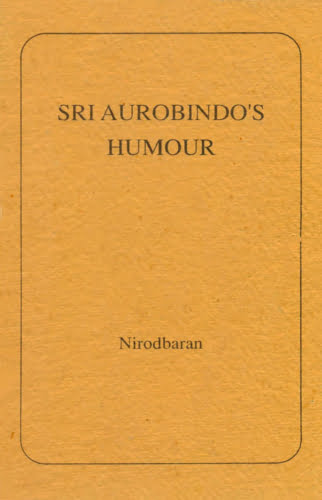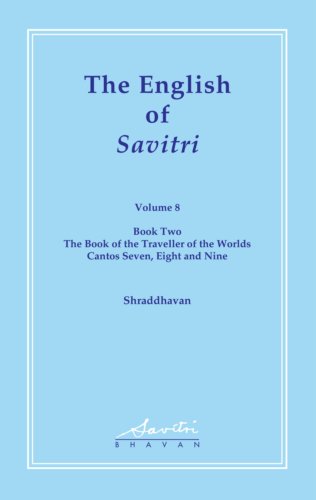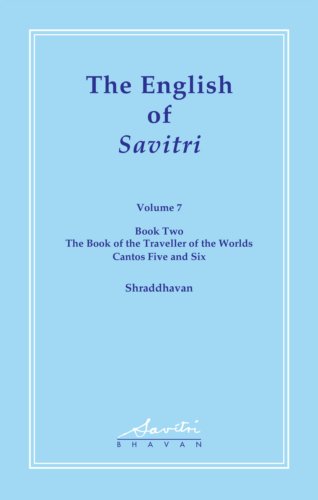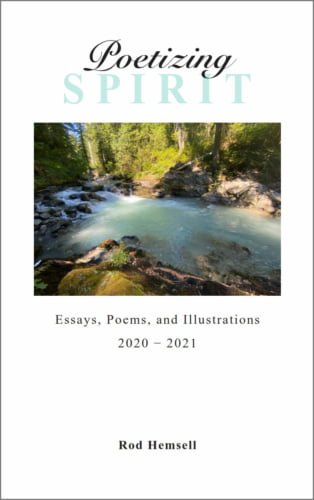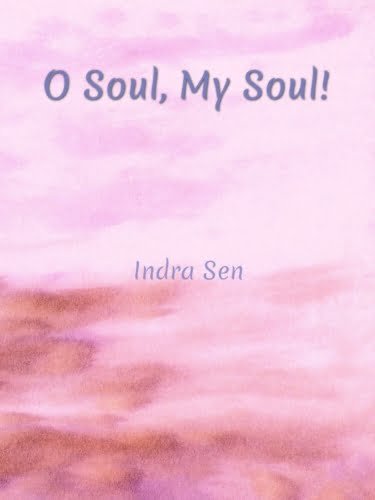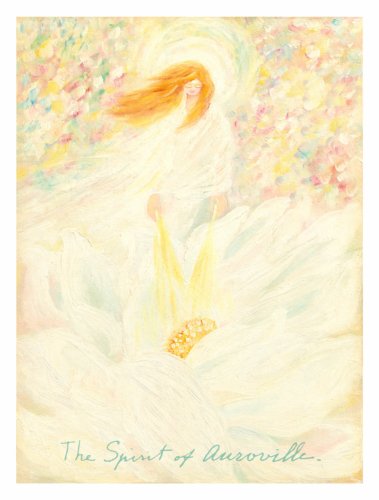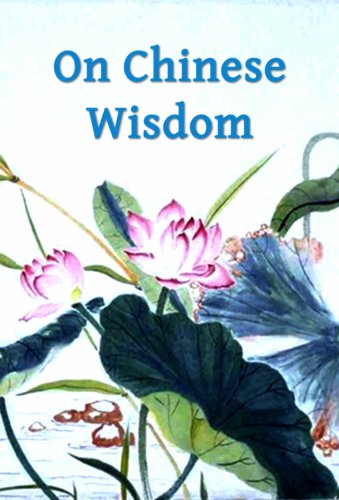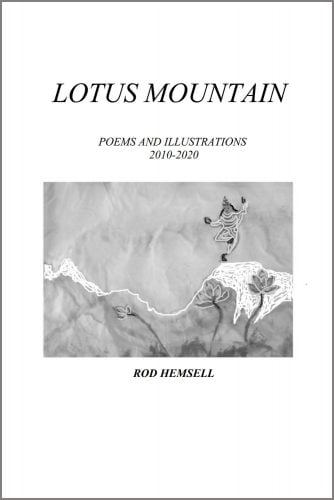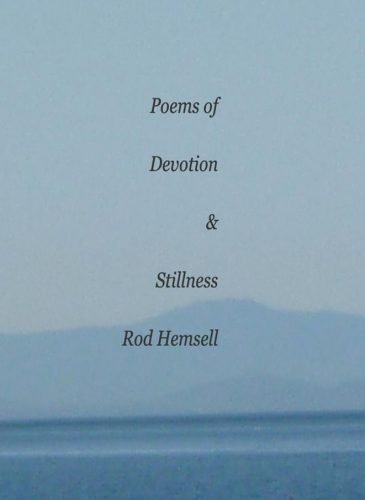On Thoughts and Aphorisms (CWM Vol.10)
On Thoughts and Aphorisms
Collected Works of the Mother Volume 10
The Mother’s commentaries on Sri Aurobindo’s Thoughts and Aphorisms were given over the twelve-year period from 1958 to 1970. The commentaries may be divided into four periods according to date, character and form.
- Aphorisms 1–12 (1958). Oral replies to questions submitted beforehand in writing by the students, teachers and sadhaks of the Ashram during the Mother’s Wednesday classes at the Ashram Playground.
- Aphorisms 13–68 (1960–61). Replies, mostly written, a few oral, to questions written to the Mother by a young instructor of the Ashram’s physical education department.
- Aphorisms 69–124 (1962–66). Oral replies to a disciple. During this period the Mother digressed more and more from direct commentary on the aphorisms and used the occasions to explain the experiences she was having at the time.
- Aphorisms 125–541 (1969–70). Brief written replies to questions asked by the instructor mentioned above.
Sri Aurobindo wrote these aphorisms around 1913 during the early part of his stay in Pondicherry. Never revised or published during his lifetime, they were first brought out in 1958 under the three headings established by the author: Jnana (Knowledge), Karma (Works) and Bhakti (Devotion).

